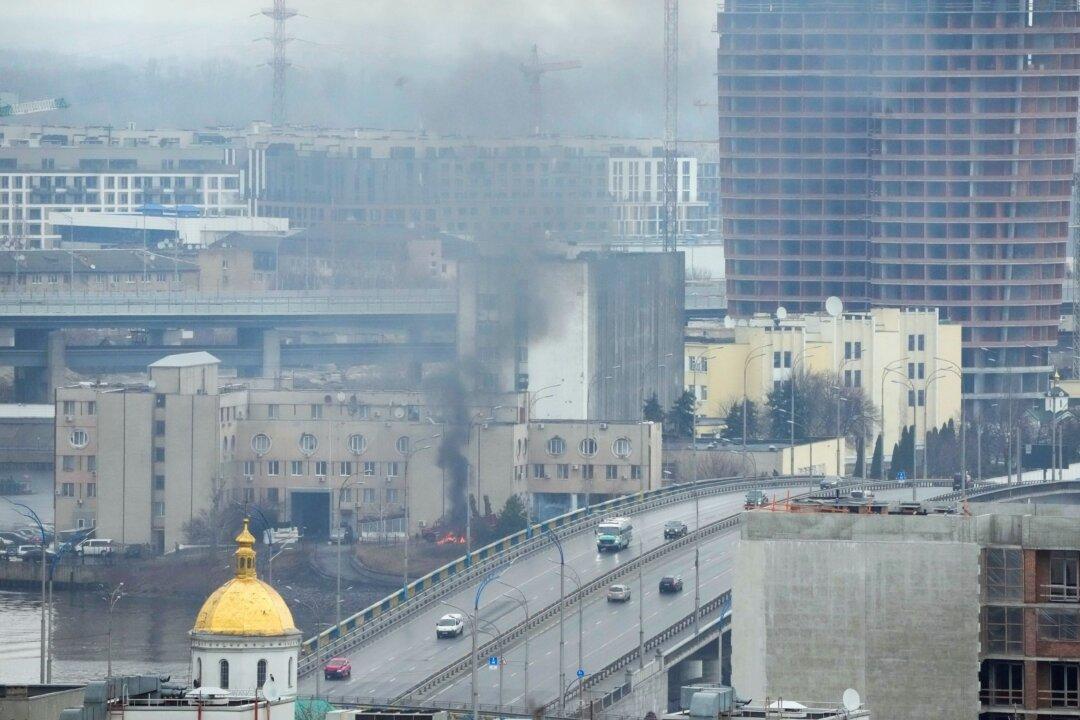TAIPEI, Taiwan—The Taiwanese government on Feb. 25 announced that it will impose economic sanctions against Russia over its invasion of Ukraine.
Taiwan’s Ministry of Foreign Affairs, in a statement issued on Friday, said the Russian invasion has “jeopardized regional and global peace and stability” and posed “the most serious threat and challenge to the rules-based international order.”




